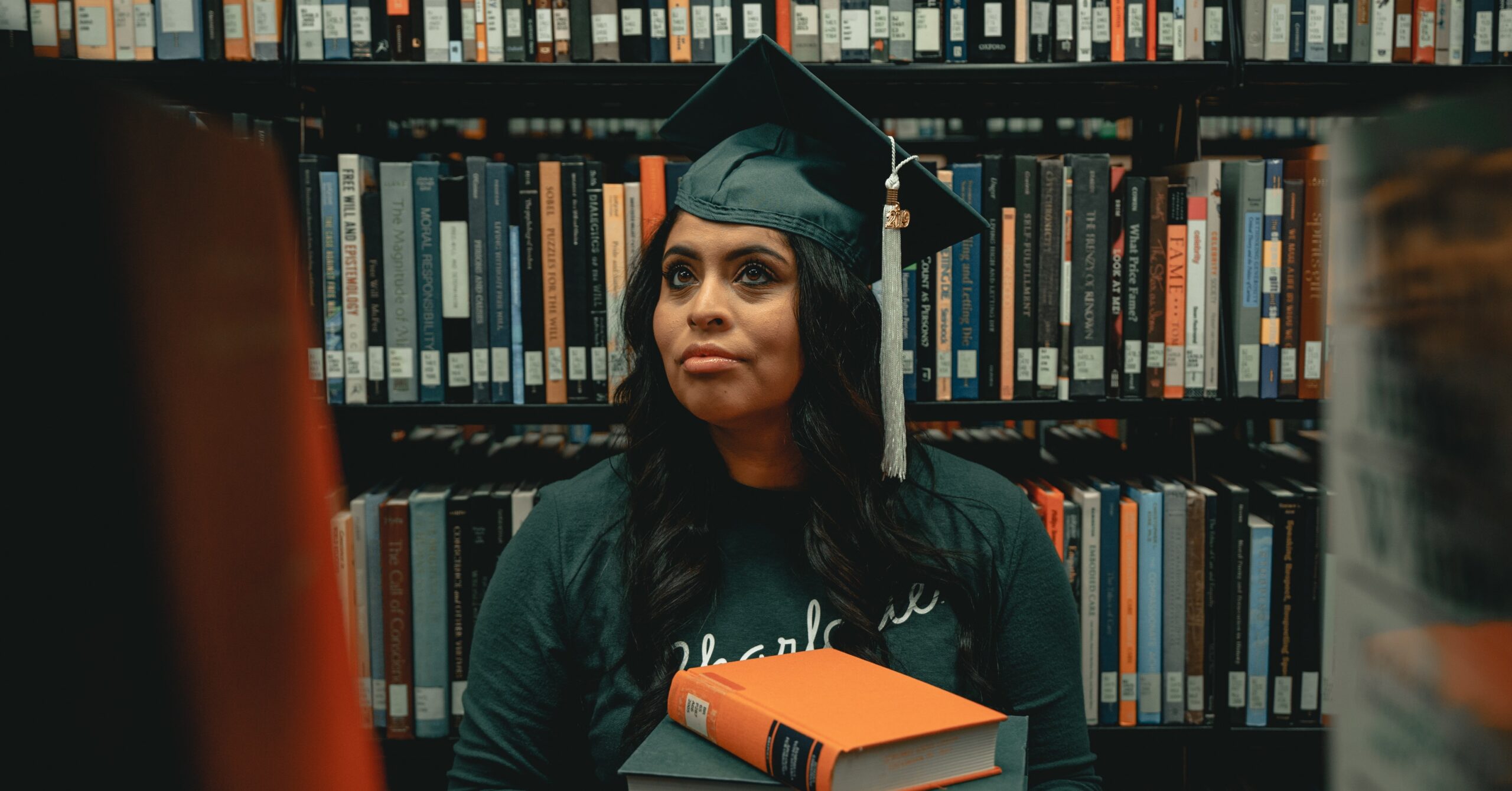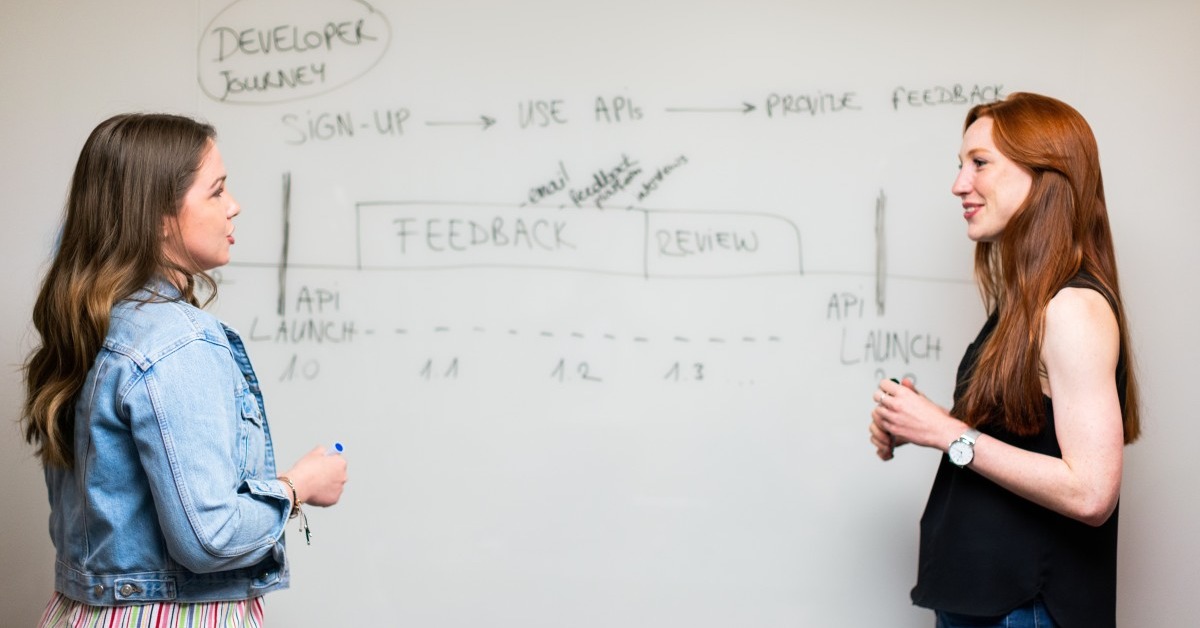
Boost Your Teacher's Salary with a Master's Degree
Even in states where a master's degree isn't required, teachers [...]

Tim Villegas, a special education teacher who writes regularly for Noodle.com, explains the secret to success in his profession this way: “We need to aim high. For the vast majority of students, approaching instruction by planning for the students who are hardest to reach sets the stage for the most growth for all students.”
It takes a special person—like Tim—to become a special education teacher, working directly with students who face learning disorders or developmental disabilities. Special education students have to overcome emotional, physical, or learning issues, a process that requires educated and trained professionals who are dynamic, skilled, and patient. “We try our hardest to keep a positive (but not unrealistic) outlook and seize the day,” Villegas explains.
Under the Individuals with Disabilities Education Act (IDEA), special education commences with an in-school intervention program for each student in need. The goal of this individualized plan is to offer a supportive environment for a student’s learning under “least restrictive” conditions.
Special education teachers are needed now more than ever, as diagnoses of autism spectrum disorders and severe disabilities increase. As demand grows, there are still not enough qualified special education teachers. The Bureau of Labor Statistics
expects a moderately low three percent increase in jobs over the next ten years (although in 2016 it projected a ten-year job-growth rate of eight percent, so these figures can change quickly). The current slow growth rate may be attributable to a shortfall in federal funding for IDEA programs. Still, states are required to pay for much-needed special education, making the demand for qualified teachers steady for years to come.
In this guide, we’ll discuss:
As a special education teacher, your role includes:
Still on the fence? Here are some pros and cons.
| University and Program Name | Learn More |
|
Merrimack College:
Master of Education in Teacher Education
|
Special education teachers are needed in every school. You will have the ability to work in early childhood education or help students transition from the classroom to adult life. Depending on the school district and the population of students with severe disabilities, you may be working in a self-contained classroom or roaming to assist other teachers with special education services.
Different placements and focuses for this kind of career include:
All states require that special education teachers hold a bachelor’s degree. Some states require an undergraduate special education major. Others allow special education teachers to hold degrees in elementary education or in a specific subject, such as math or English language arts.
The cost of a bachelor’s degree varies by institution. The University of Central Florida, for example, charges in-state students an annual tuition of $6,379 for a Bachelor of Science in elementary education; out-of-state students pay $22,466 annually. Tuition at the University of Delaware is $14,280 for Delaware residents and $35,710 for nonresidents.Take a close look at financial aid options and tips for repaying student loan debt as you prepare to choose an undergraduate institution.
Many special education teachers continue their studies to achieve a master’s degree. Accelerated bachelor’s degree programs reduce the time it takes to earn both degrees.
Along with accredited university work, many states require student teachers to complete an additional year of training immediately after graduation. Some schools offer this training as an integrated part of the bachelor’s program, accelerating the journey from lecture hall to special education classroom.
Professionals considering a career change can pursue an alternate certification course through The American Board for Certification of Teacher Excellence in lieu of a master’s degree.
Due to a shortage of qualified teachers, some schools will provisionally hire teachers who lack the proper training or accreditation. Typically these teachers—whose highest degree may be an associate’s degree—take on the role of a teaching assistant, at a much lower salary than a lead teacher earns.
All public school teachers must earn a license before teaching. The requirements for licensure vary by state. You can research your local requirements through the U.S. Department of Education website. Most states have an Office of Special Education to address teaching license needs for this specific career. Private schools are typically less stringent in their licensing requirements.
Many states work directly with the American Board for Certification of Teacher Excellence to provide a teaching certificate for a temporary license. To qualify for this special education credential, you must:
If you have earned a master’s degree, you can also become accredited through the National Association of Special Education Teachers. For this process, you must also take a course for professional board certification and pass a 50-question test.
The National Association for Special Education Teachers provides a broad array of online tools for special educators. On their website, teachers can learn more about different disabilities and disorders that may be impacting their student populations. There is also a page detailing special education laws dating back to the 1970s. Special ed teachers can also join online groups or search social media for ideas to implement in their classrooms.
Many special education teachers remain in the classroom throughout their careers. Because students change every year, the joys and challenges of this field are always shifting.
A master’s degree will open other opportunities for you. You’ll be able to mentor and supervise student teachers and other new educators. You’ll also develop skills and earn credentials that will allow you to shift to school counseling or administration. In most states, a master’s degree also triggers an automatic pay raise.
Seasoned teachers are life-long learners looking to refine their skills to offer a better academic experience for their students. Special education teachers are no different. Online learning can help teachers continue their education, either informally through YouTube and social media brainstorming groups, or formally through accredited online instruction.
As a special education teacher, you’ll remain on the lookout for new interventions and strategies. As Tim Villegas explains elsewhere on the Noodle website: ” I spend my free time researching educational best practices and reading anything I can find to enrich my proverbial ‘tool kit.’ To me, this is what good teachers do. They never stop learning.”
(Last Updated on February 26, 2024)
Questions or feedback? Email editor@noodle.com

Even in states where a master's degree isn't required, teachers [...]

Getting an MAT or an MEd in Elementary Ed can [...]

As a math teacher, you may qualify for higher pay [...]

According to Zippa, salaries for school principals range from under [...]

Do music teachers make more than their fellow educators? Not [...]
Categorized as: Special Education, Education & Teaching